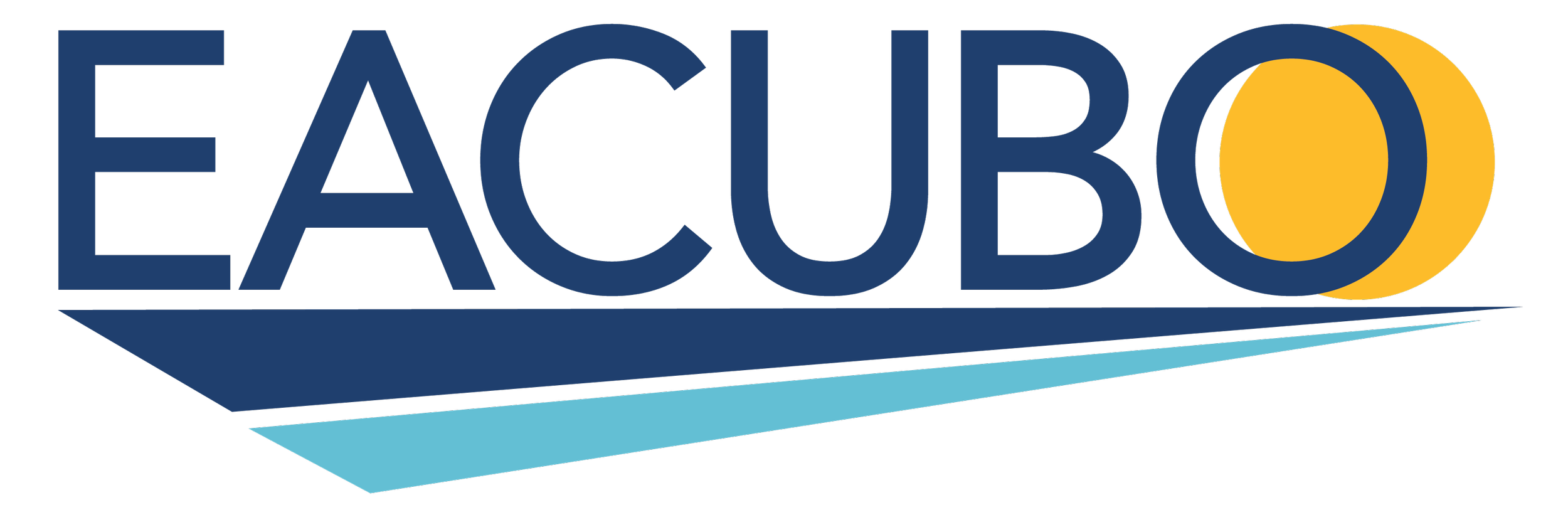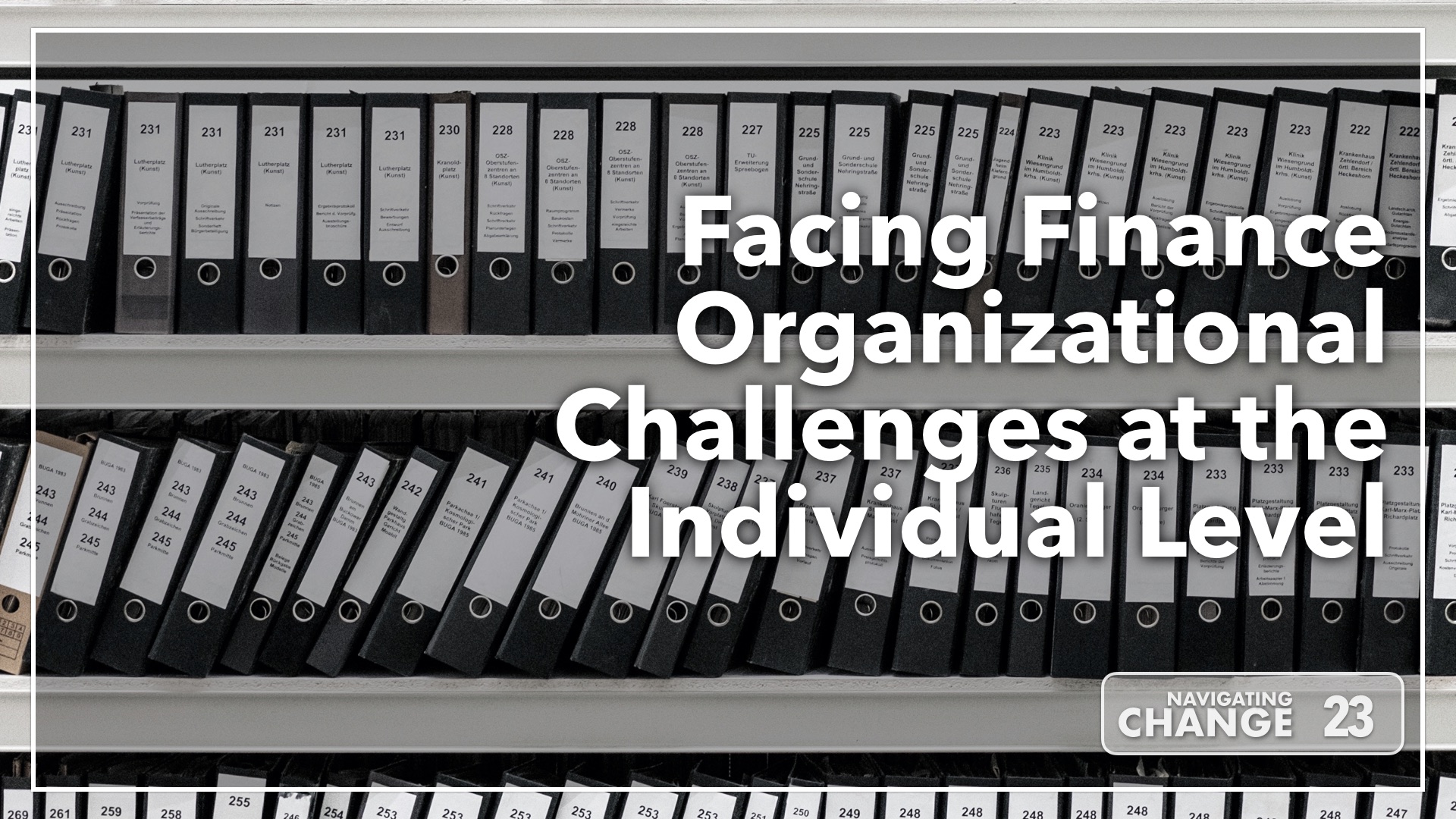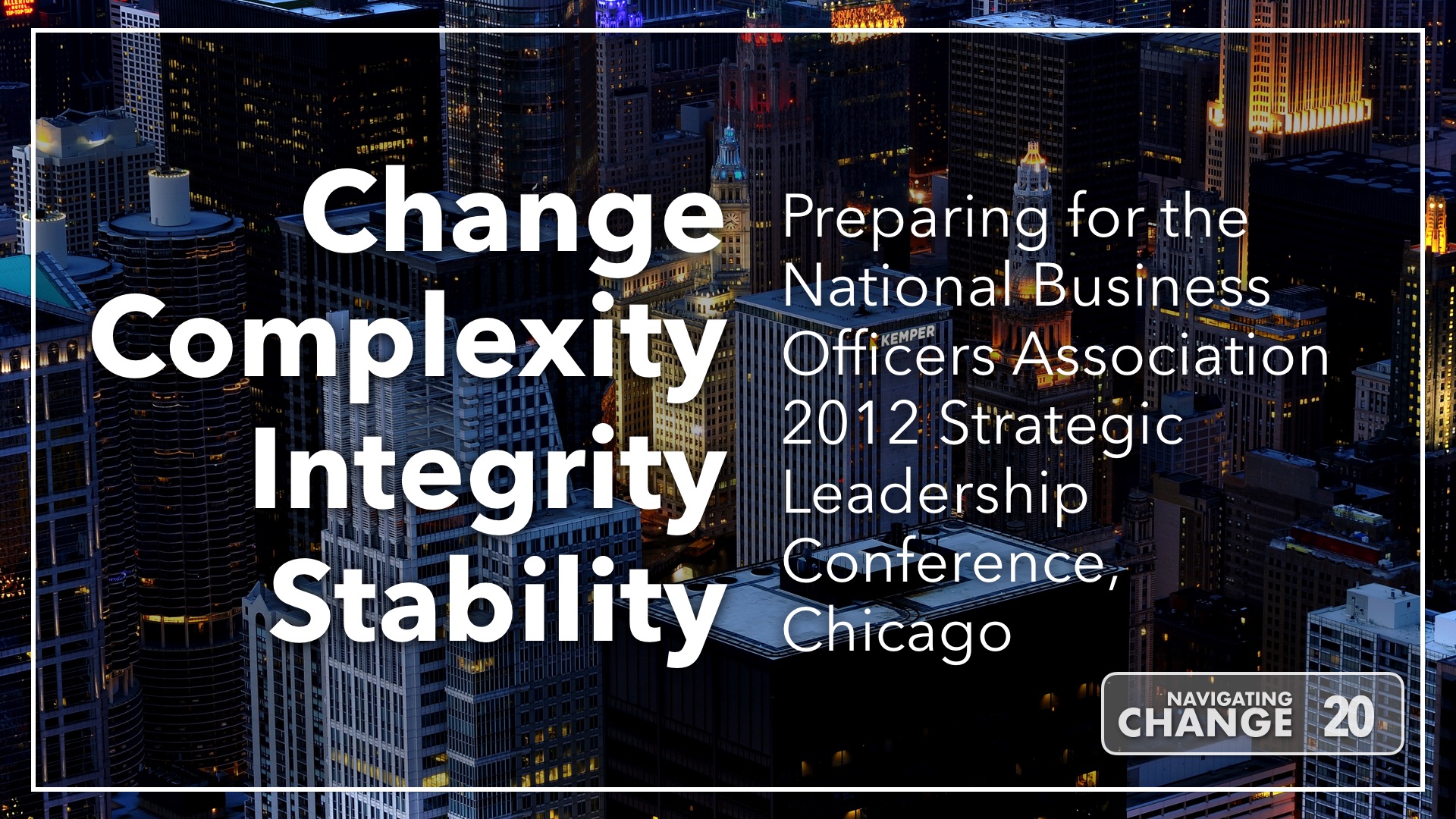
THE NAVIGATING CHANGE CATALOG IS HERE TO HELP YOU ENGAGE, PROVOKE, AND EDUCATE.
Navigating Change: The Podcast from Teibel Education

33: Making Difficult Decisions for Senior Leadership
Decision-making is a difficult skill for any team, but at the senior leadership or board level, making difficult decisions brings with it the weight of the institution.

32: Dealing with Irrational Anxiety on Teams in Transition
When we're faced with jarring change — new role, new boss, merged organizations — we are often dealt with a complex individual emotional response. That response is magnified when it comes to team performance, but often for all the wrong reasons.

31: EACUBO 2013 Follow-up — Grappling with Future of Higher Ed
This week we're talking EACUBO! Administrators and business officers are continuing to grasp with radical change inside and outside our institutions. This week on the show, Howard Teibel and Pete Wright discuss the EACUBO event in Baltimore and share insights and lessons learned from his work as presenter and facilitator this year.

30: Does Higher Ed Need Saving?
There is a sense from higher ed media that with great diligence and focus, we can fix all of our institutions' ills. But the changing technological and communications landscape is pointing in new directions.

29: Getting Ready for EACUBO 2013!
EACUBO 2013 Annual Meeting is coming up October 6-9 in Baltimore, MD, and as usual, Teibel Education will be well represented. Howard Teibel will be delivering his latest thoughts on the finance role in strategy in his presentation, "Structuring the Finance Division for Success: Building a Strategic Organization to Support the Institution." In addition, he'll be facilitating an expert panel with Jeff Selingo and a panel of administrators and trustees discussing the changing landscape of higher education in the United States. This week on the show, listen to Howard Teibel and Pete Wright share thoughts on these presentations and more as they get ready for EACUBO 2013!

28: Turning Effective Listening into Action
Active listening is a key skill. But while it's important to be able to listen well to teams in a period of transformation, it's even more important to be able to turn what you're observing into action.

27: Uncovering the "Why" — Part 3
This week on Navigating Change, Howard Teibel and Pete Wright conclude their three-part discussion on a robust decision-making process and the importance of uncovering the "why" of every change initiative. In this episode, we talk about how best practice organizations turn outcomes of change initiatives into action.

26: Uncovering the "Why" — Part 2
In this episode, we cover brainstorming and the critical importance of strong leadership in the process.

25: Uncovering the "Why" — Part 1
In this episode, we cover the foundational elements and visioning structure that helps teams understand the foundation of their change story, and how to connect with it as a team at new levels of depth.

24: Navigating Loyalty
Loyalty is a tricky subject made only more complicated when it comes to change initiatives. This week on the show, Howard Teibel and Pete Wright take on loyalty — to a person, to an institution, or to a cause — and discuss how an evolving sense of loyalty impacts teams.

23: Facing Finance Organizational Challenges at the Individual Level
Following up on our conversation around reflections on NACUBO 2013, we're digging into issues facing the finance organization on today's show. While we hit on the three key points around relationship building, communication, and what it means to be a leader, the real secret lies somewhere in keeping touch on the role of the individual as a seed for change.

22: NACUBO 2013 Annual Meeting Reflections
We're back from the NACUBO 2013 Annual Meeting — and what a terrific week it was! Howard Teibel is back with a review of key learnings and an assessment of the evolving direction of the organization. Did NACUBO make good on their renewed focus on Innovation in Higher Education? Listen in this week for our take!

21: Strategic Planning and Leading from the Seat You're In — Howard Teibel at NCAA-NACUBO 2013
At this year's NACUBO Annual Workshop, Howard Teibel will join NCAA business officers for a rich discussion on the nature of leadership, communication, and broadening the contribution to the strategic planning process.

20: Change, complexity, and preparing for NBOA 2012
This November, I'll be heading to Chicago for the National Business Officers Association (NBOA) 2012 Strategic Leadership Conference. In brief, this is a conference dedicated to the people charged with moving our schools forward in times of great challenge and increasing complexity, with integrity and fiscal stability. I love this topic, so I thought it might help to share some of the background to these topics with you in advance, to give you some insight into the kind of work I've been doing that has brought me to this place, and to the structure I'll be sharing with you.

19: Helping Employees Embrace Change
Howard Teibel offers a framework for positive change, offering the techniques your organization can implement to turn natural confusion into a positive learning and growth opportunity.

18: Building Your Vision 2020 Part 4 – with John Eldert and Howard Teibel
This week on the show, we bring you part four of our conversation with John Eldert, Vice President of Administration at Berklee College of Music as he joins Howard Teibel to discuss their work on adapting the business approach to strategic planning for higher education.

17: Building Your Vision 2020 Part 3 – with John Eldert and Howard Teibel
This week on the show, we bring you part three of our conversation with John Eldert, Vice President of Administration at Berklee College of Music as he joins Howard Teibel to discuss their work on adapting the business approach to strategic planning for higher education.

16: Building Your Vision 2020 Part 2 – with John Eldert and Howard Teibel
This week on the show, we bring you part two of our conversation with John Eldert, Vice President of Administration at Berklee College of Music as he joins Howard Teibel to discuss their work on adapting the business approach to strategic planning for higher education.

15: Building Your Vision 2020 Part 1 – with John Eldert and Howard Teibel
Academic planning often adopts the business approach to strategic planning. The results are predictable: clear, measurable outcomes; tight, pithy vision statement; focused strategy targeting a clear and "directable" organizational culture. But these assumptions don't fit the higher education planning environment, with many parallel lines of activity, complex vision, and an environment that is often far more self-directed. This week on the show, we bring you part one of our conversation with John Eldert, Vice President of Administration at Berklee College of Music as he joins Howard Teibel to discuss their work on adapting the business approach to strategic planning for higher education.

14: The Importance of Training as a Team
We underestimate what it means to collaborate. The result is often a catalog of missed opportunities for improving function across the organization, which comes at the expense of systems training and technology solutions for simple problems. This week, Howard Teibel joins Pete Wright with a few suggestions for team cross-training -- ensuring that teams are aligned across departments and functions, and that process, not just systems, are tested all along the line.







